Empowering Change: Building an Agricultural Processing Plant that Helps Support a Rwandan Community
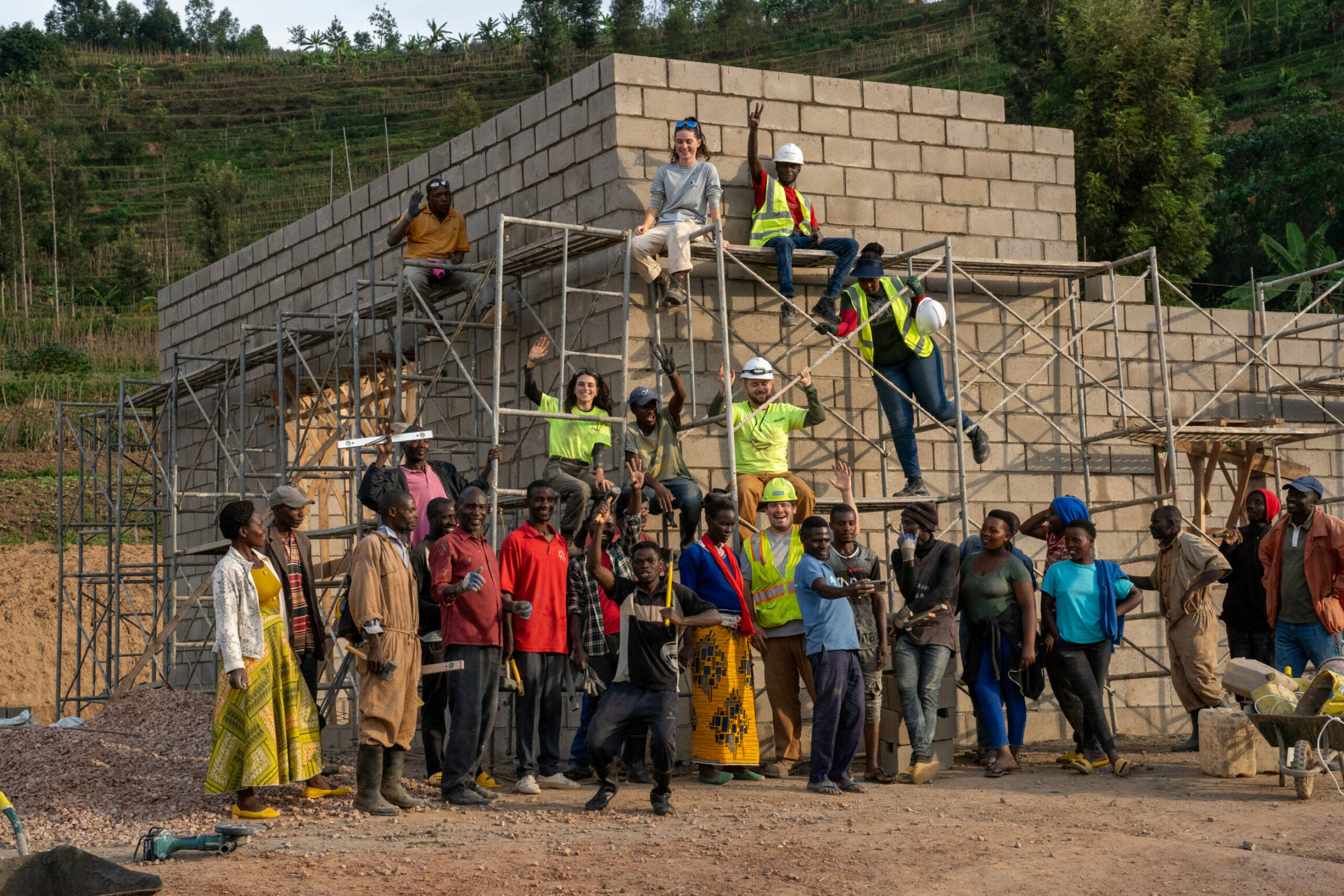
For nearly ten years, the New York Chapter of Engineers Without Borders (EWB-NY) has partnered with Goodneighbors, a cooperative of 60 families in the northern Rwandan community of Rubaya who grow maize and wish to improve their community’s economic conditions. The goal of the partnership has been to help elevate the community’s existing small-scale agricultural practices into a sustainable, thriving local industry. Currently, the cooperative has to sell their raw maize crop at a low price to nearby processing facilities. With support from EWB-NY and its donors and volunteers, Goodneighbors is constructing their own processing facility, which will empower them to produce quality maize flour for sale and consumption, improving food security, economic sustainability, and entrepreneurship.
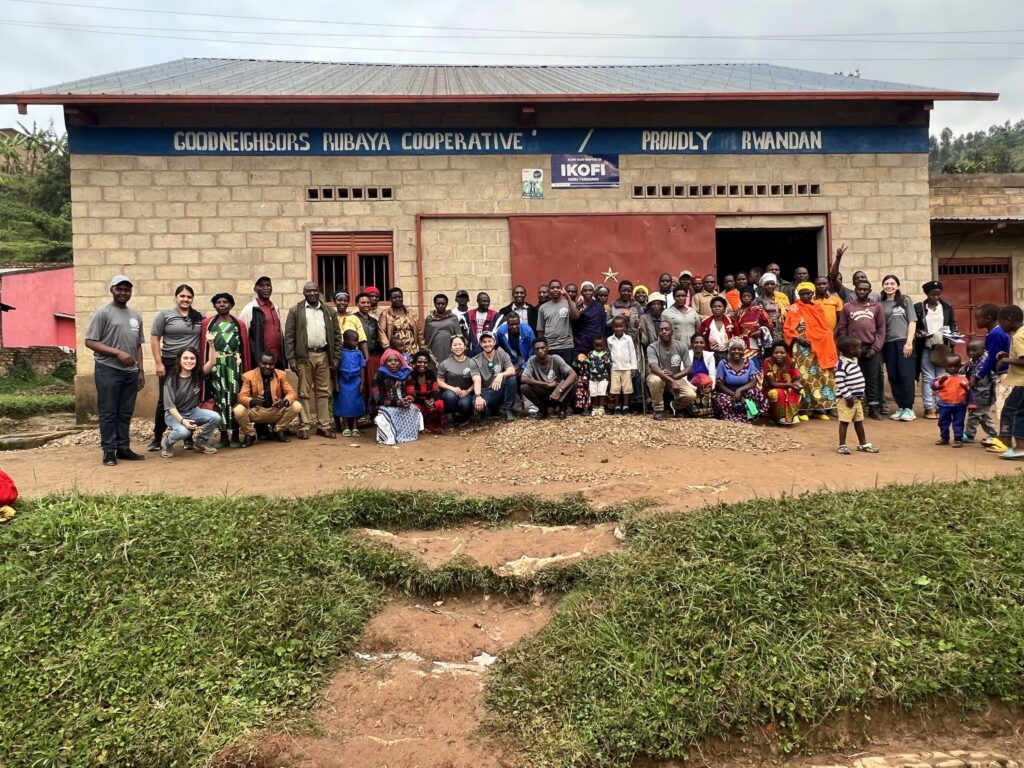
Sherwood Design Engineers team member, Nimat Maloney, has been an active part of Engineers Without Borders for years, beginning her EWB journey as a student at Columbia University. In fact, Nimat served as the Columbia University Chapter’s co-president during her senior year of college before joining New York’s professional chapter, where she continues to volunteer as vice president.
Sherwood has been passionately committed to community service since the firm’s beginning, and supports team members’ involvement in external programs like EWB in a variety of ways, including the provision of a professional development fund for each employee. Having joined the firm as an design engineer soon after graduating from Columbia in 2020, Nimat asked for permission to use her own professional development fund to pay for a trip to Rwanda with EWB-NY in August 2022. This would give her an opportunity to visit the Goodneighbors community in person and monitor a maize storage facility that had already been completed in the project’s first phase. She’d also have the ability to complete an assessment for the next phases of the project.
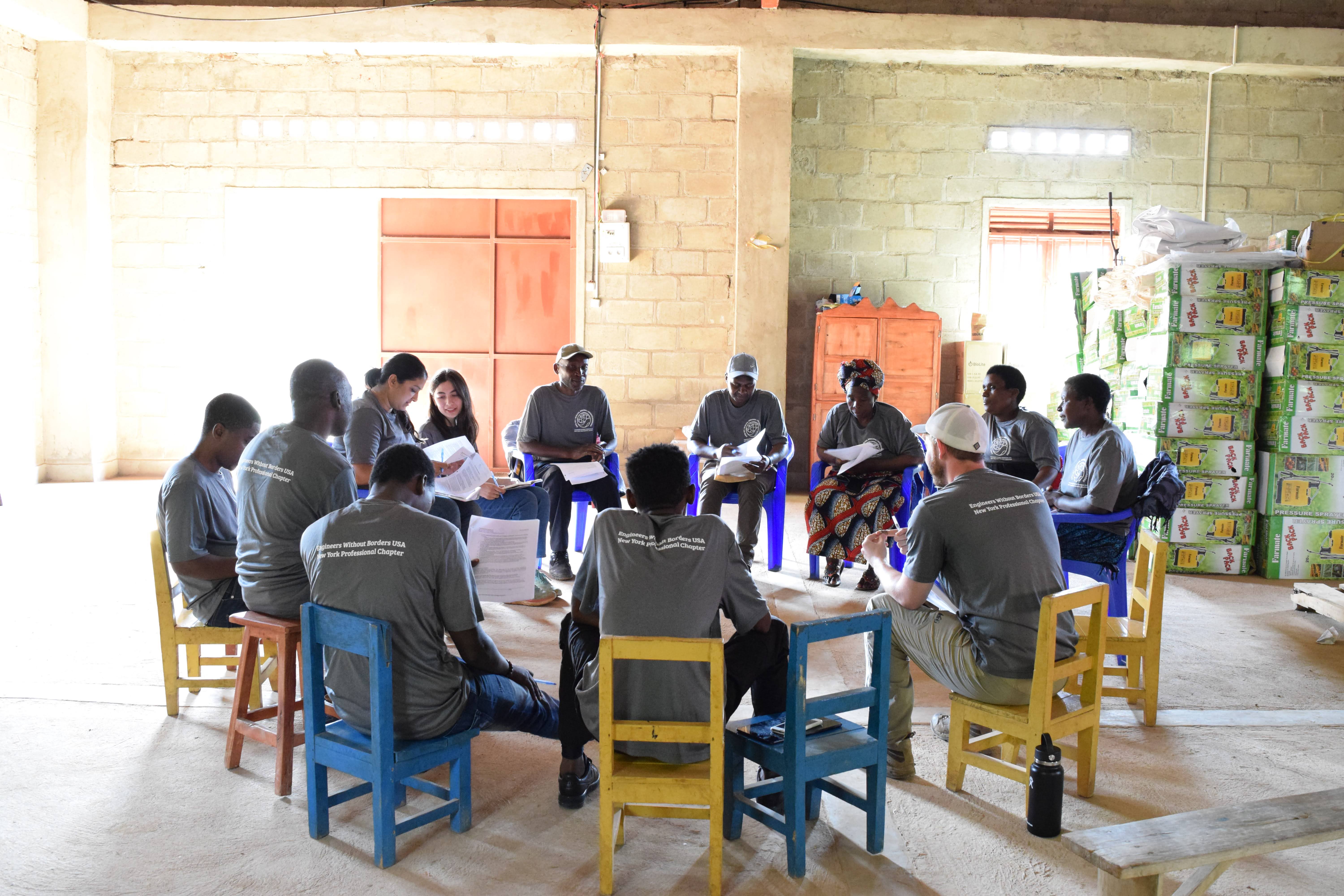
These next phases would include the engineering design, fundraising, and construction of a 4,000 square foot agricultural processing facility, including a new building, access road, solar panels, and maize mill equipment. Ultimately the facility would not only improve the community’s current standard of living, but also contribute to its economic growth and improved access to education as time-saving measures introduced by the project enable children to attend school.
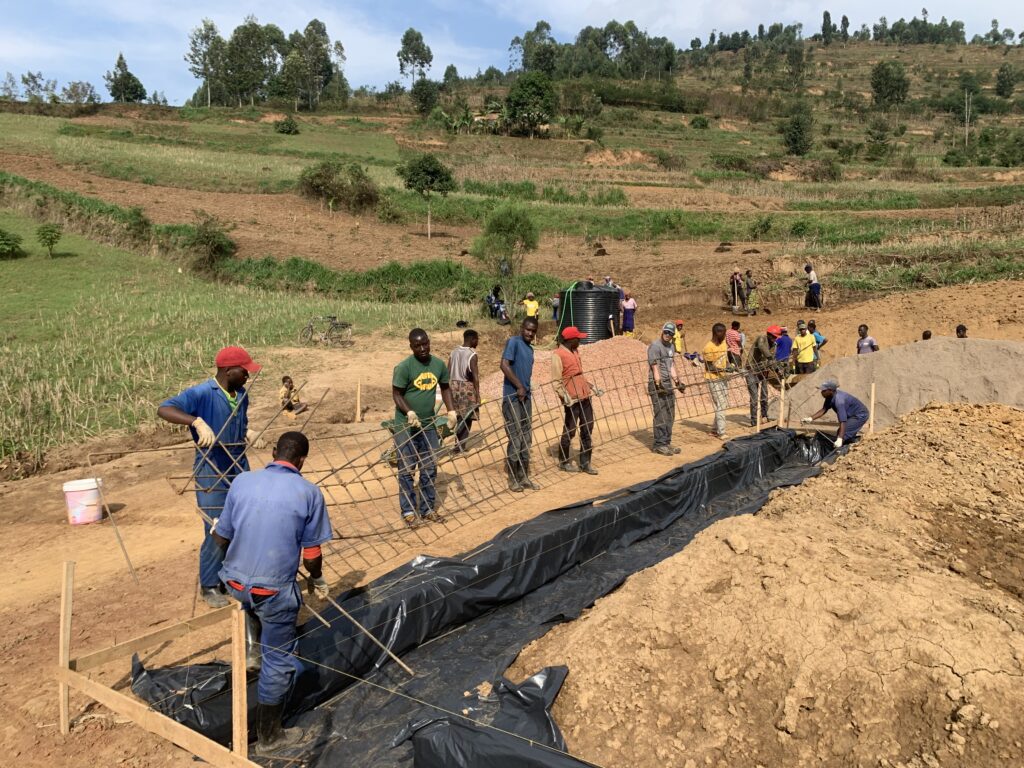
Not only was Nimat empowered to apply her professional development fund toward this project, but when several Sherwood colleagues were equally inspired by this project’s generational impact, they contributed some of their own PD funds to ensure that the cost of Nimat’s trip to Rwanda was covered 100%. Sherwood also made an additional corporate donation to help pay for the construction of the processing plant building, which was ultimately completed in late 2023.
From early September through the end of October 2023, EWB-NY sent a total of 8 engineers to Rubaya to manage the site work and construction efforts, requiring significant financial support to cover the costs of construction of the building and the access road, plumbing and electrical work, skilled labor, and logistical and travel coordination.
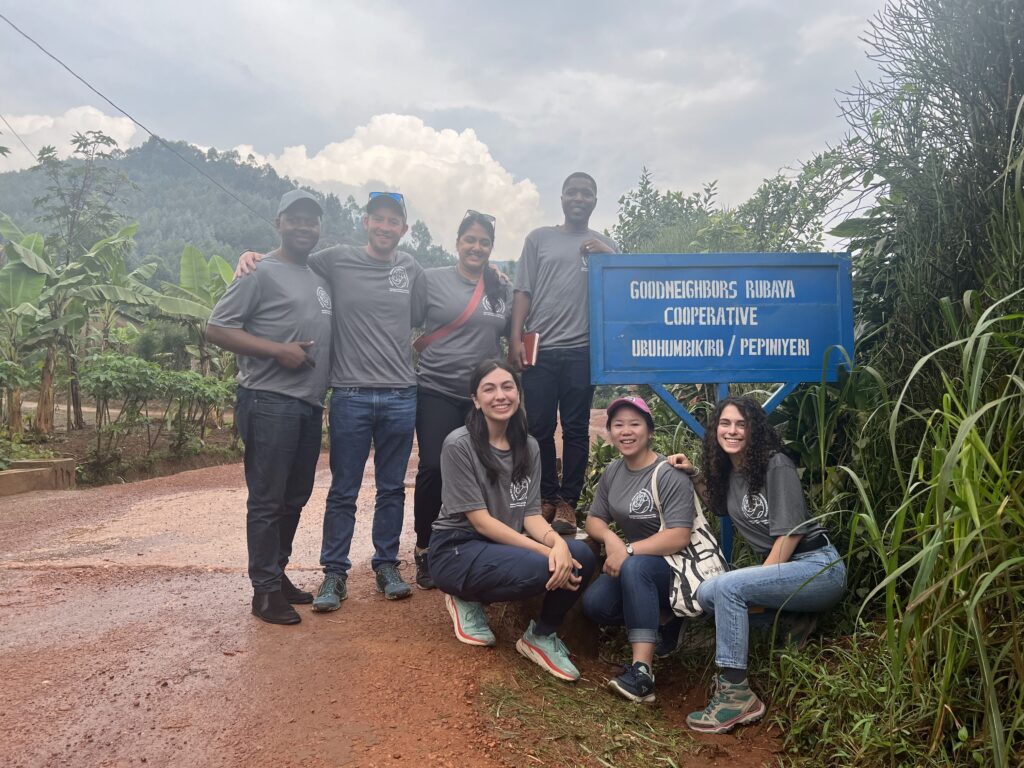
In the upcoming months, EWB-NY will continue to fundraise for the final phase of the Rubaya project: the purchase of the maize processing equipment and machinery to be installed in the newly constructed facility. We’re big advocates for this kind of work. You can learn more and even donate through EWB-NY’s own website. If New York isn’t your home, there are 229 active EWB chapters across the United States; find your local one here. Working together, we can empower meaningful change.